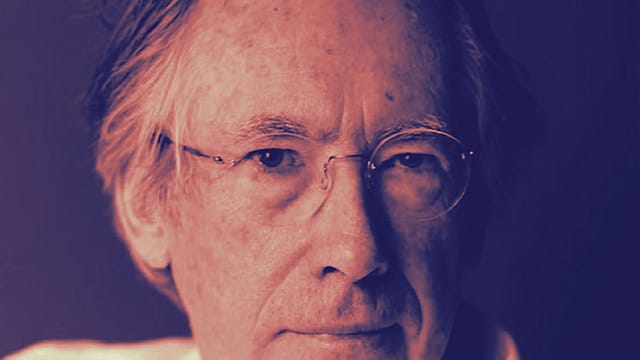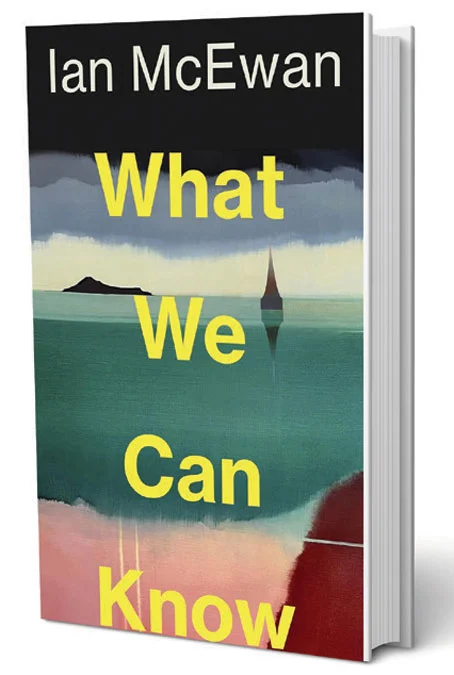Past Lives


IAN MCEWAN appears determined to continue mesmerising readers with his fertile mind, highly readable style, nuanced takes on human nature and the world, frugality with words, and generosity with imagination. This time around, in what can be considered his late style, the British writer makes a stellar attempt in What We Can Know, his 19th novel. This is a story told through the words of a researcher in the 22nd century, who embarks on a quest to tell the tale of a fictional man of letters who lived a century earlier.
Yes, the problem with being a narrator from the future is manifold. Nobody expects him to talk too much about things he takes for granted. Which means when the person from the future is talking about himself, his love, how he commutes, etc, the readers are left to assume or learn from the limited information he shares because he doesn’t feel the need to volunteer more information. This is where McEwan’s genius comes in—he does not clutter the mind of the reader with what is not viable knowledge about the man from 2119. But we discover that by 2119, the world had been through catastrophes, seen acute shortage/non-availability of many things, including coffee beans, and that the UK is now reduced to an archipelago—where the novel is set — after tsunamis ate up various parts of the world thanks to a limited nuclear war. McEwan, as always, makes the reading experience less cumbersome, and it is in navigating that thin line—where less is more—that we admire the 77-year-old writer who is often called master of the macabre or ‘Ian Macabre’.
Part one of the novel is narrated by scholar Tom Metcalfe; the novel starts with him taking an overnight ferry from a place he calls Port Marlborough to a quay near Snowdonia where the Bodleian Library, currently in Oxford, is located in the future. To reach there from the quay, he had to walk “two miles up a picturesque track towards the water-and-gravity-powered funicular”, which carried him and three other library users “a thousand feet up the mountain in the creaking polished oak carriage”.
It's the Pits!
13 Feb 2026 - Vol 04 | Issue 58
The state of Indian cities
The purpose of this visit is to uncover from the archives the details of a poem recited by the famous fictional author Francis Blundy, written in 2014 on the 54th birthday of his wife, Vivien, a brilliant woman who chose to spend many years of her life taking care of him as his literary career flourished and he grew old.
That poem, titled ‘A Corona for Vivien’, was long lost and had over time been interpreted in various ways by scholars, including as a message against climate-change deniers. It is here that McEwan brings in Metcalfe and intersperses his work and life with debates about climate change, love, murder, AI, nuclear wars, catastrophes, hope and survival. The author places that night in 2014 as the Second Immortal Dinner, the first being the one thrown in December 1817 by painter BR Haydon in London to, among others, John Keats, William Wordsworth and Charles Lamb.
Part two of the book, which is a long confession, makes for a gripping read, and reveals a crime, which is reflected in the poem that had gone missing. No amount of research would have cracked that mystery had it not been for this revelation.
The book talks, through Metcalfe’s reflections, about the first climate war of 2036. He says, “I would propose the first climate war in 2036, one in a sequence, between two nuclear states, India and Pakistan, traditional enemies. One issue was water, once plentiful in the form of Himalayan glacier-fed ice-melt.… Nationalist and religious fury merged in both states. Merciful Allah on one side, diverse gods, some with elephant trunks, on the other, inflamed and blessed their separate constituencies.”
This is a tour de force of a work that makes us sit and think seriously about how well our descendants, with their technological edge, can (and will) comprehend our lived realities!
